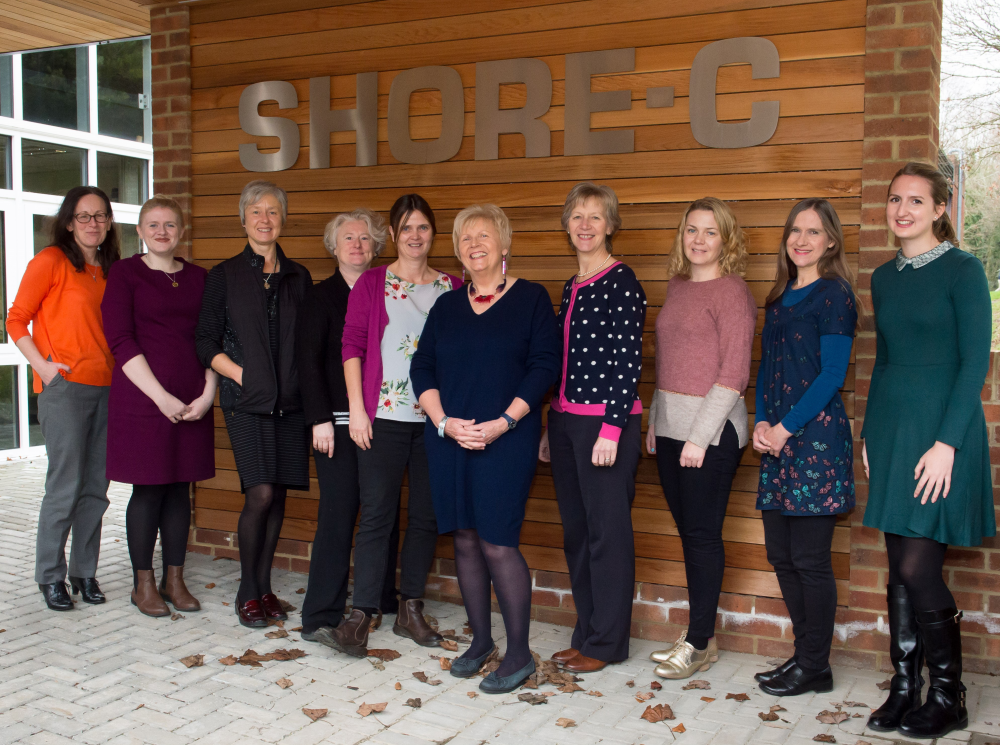Dame Lesley Fallowfield is Professor of Psycho Oncology at the University of Sussex and renowned for her work on putting patients’ quality of life at the heart of cancer research.
The advances we’ve made in breast cancer treatment mean more women have a very realistic chance of cure, or of living longer and well with their disease.
But perversely, because we’ve had so much amazing research, it’s made discussions about treatment options between patient and doctor extremely complex.
Women with breast cancer often have to make many decisions within a short space of time. What surgery are they going to have? What about radiotherapy, chemotherapy or hormone therapy?
These discussions are set against the backdrop of extreme fear and anxiety and, in the context of life threat, patients often believe that having all treatments must be best, even though some of the harms can be substantial.
Genomic research has led to some very sophisticated gene expression profiling tests that help to classify breast cancer patients at high, intermediate or low risk of recurrence, and indicate whether chemotherapy might be beneficial.
A patient with a low to intermediate risk of recurrence would probably be advised not to have chemotherapy, but the conversation is not always that straightforward. If she is deeply anxious and her doctor has a low tolerance for uncertainty, then the likelihood is that she will leave the clinic with an appointment for chemotherapy.
Chemotherapy is definitely no way to treat anxiety.
We’ve developed an educational programme for doctors to aid their understanding about genomic tests as well as the psychology of risk and uncertainty. We help them gain self –awareness as to how their own attitudes may ‘leak’ into consultations and show practical examples of communicating effectively with different types of patients.
We want doctors to be more confident about sticking to their guns when they genuinely feel that treatments will do more harm than good. Ultimately, we think this training will mean patients can make educated and informed decisions about their treatment.
If a woman can avoid unnecessary chemotherapy, not only does she escape all the associated harms, but she could potentially go back to work more quickly or continue with her caring responsibilities.
It’s about giving the right patient the right treatment at the right time.
I have always found science fascinating and like finding ways to measure important things that really matter such as quality of life. Although many are still sceptical about psycho-oncology and psychometrics.
My passion stemmed from watching a very close friend die from the side effects of her leukaemia treatment. I realised that if we didn’t measure systematically the harms as well as the benefits of treatment, then we were not serving our patients well.
I’m very privileged that I’m a Fellow of the Academy of Medical Sciences and I’m deeply committed to the work that the Academy does. I think it’s a brilliant organisation and very important in terms of its policy work, patient engagement activities and support for the young researchers of the future.
